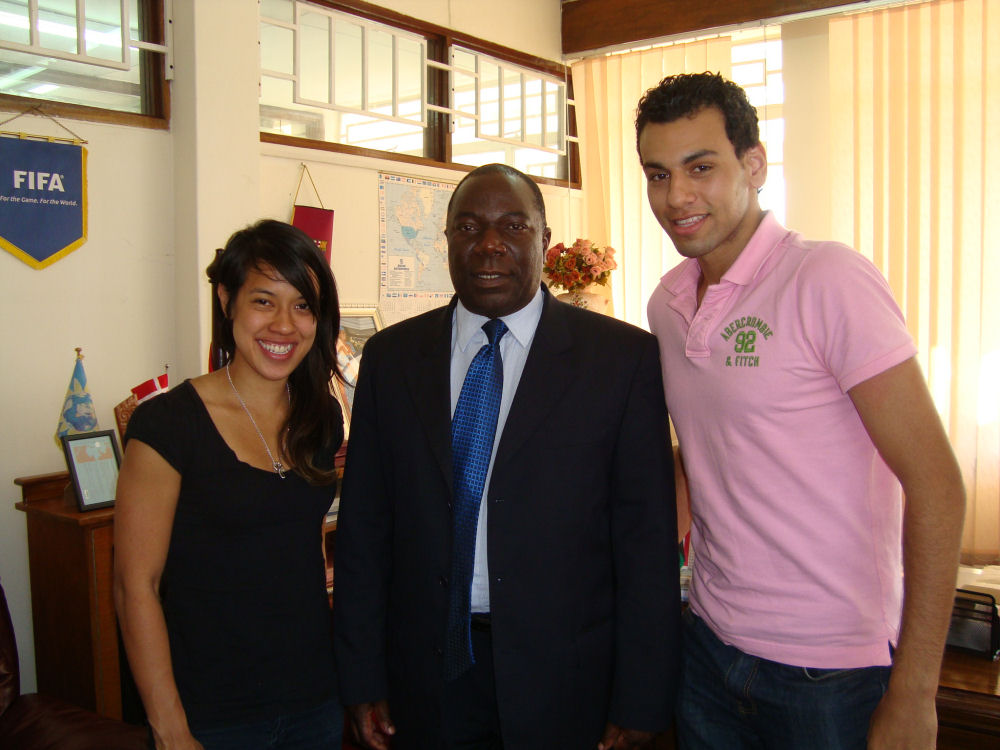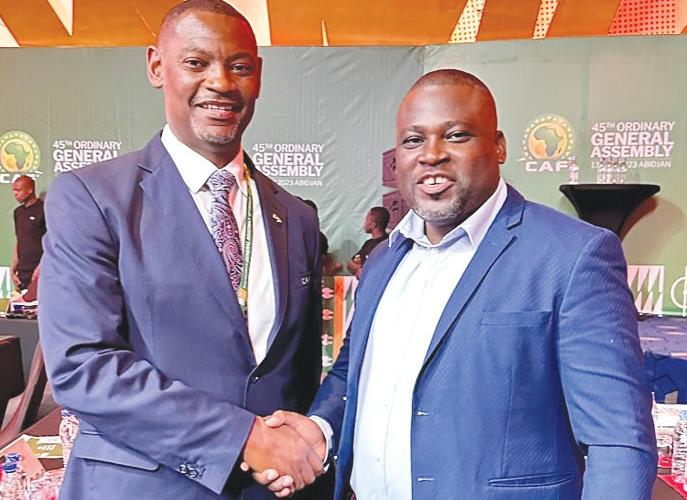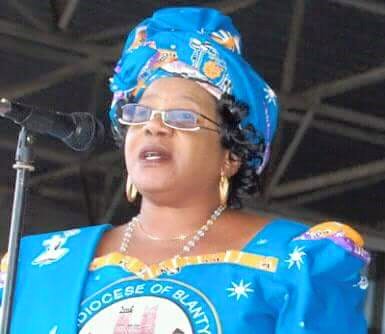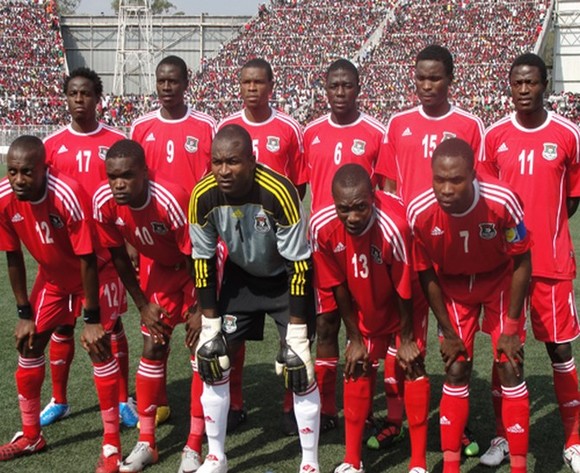News that the World Squash Federation (WSF) Ambassador Programme visit to Malawi, led by Malaysia’s record six-time women’s world champion Nicol David, has inspired a squash facility to be included in a new OlympAfrica Sports Centre in the capital Lilongwe has been hailed by Squash Malawi President Jimmy Kawaye as “a huge, huge thing for the sport in our country”.
The WSF Ambassador Programme to Malawi, which also involved Egypt’s former world junior champion Mohamed El Shorbagy, is a WSF initiative designed to highlight the appeal of squash in countries where the sport is in its infancy.
On arrival in Lilongwe, the WSF party was welcomed by Enoch K Chakufwa Chihana, MP, the Minister of Youth Development and Sports.
“It is a great honour for us to host your visit,” said the Minister.
“There are many countries in Africa, but the fact that you have chosen to come to Malawi is very special to us.”
It was at a press conference later that Malawi Olympic Committee (MOC) representative Jappie Mhango revealed that squash courts will now be featured in a new indoor sports facility which will be added to the OlympAfrica Sports Centre.
Kawaye told the assembled group, including media and Justin Saidi, Principal Secretary for the Sports Ministry, that the governing body wanted squash to be a major sport in Malawi.
“We believe that squash is one of the sports in which Malawi can make its mark on the world stage.”
Andrew Shelley, chief executive of the WSF, praised Malawi’s intentions – and highlighted the fact that squash is truly a global sport, played in 185 countries on more than 50,000 courts around the world.
The party was based at Lilongwe’s two-court Capital Sunbird Hotel, where David and El Shorbagy passed on tips to many of the country’s leading players and juniors.
Malawi number one James Matewere was thrilled by his opportunity to play El Shorbagy, the world number eight from Alexandria.
“I learnt such a lot – he is so deceptive,” he said.
“I hope this will inspire me to keep improving.”
El Shorbagy later played Aubrey Taulo, whom Matewere recently succeeded as the country’s top player.
As a reward for taking a game off the Egyptian world star, El Shorbagy presented the Malawi number two with a new model of his own racket: “I am very happy to get this racket – mine is so old now,” said Taulo.
“This will inspire me when I play in the Zimbabwe Open in August.”
World number one Nicol David took on Aubrey’s older brother Julius Taulo, the country’s third highest-ranked player.
“It’s so good to play people like Nicol – you wouldn’t normally get the chance,” said Taulo senior.
“I lost, but it feels as if I won!”
Shelley added: “We have been struck by the sheer enthusiasm to build the sport here, despite not inconsiderable difficulties.
“Funding to increase the number of courts, secure sponsorship for local events and initiatives, and simply to provide rackets, footwear and balls for some players, is challenging.”
The coaching and refereeing workshops proved to be highly popular and made a significant impact on the attendees, while spreading good practice in Malawi and beyond.
Squash Malawi vice-president Zanga Chimombo was in no doubt as to the success of the visit.
“It has not only raised the awareness of squash in the country, but raised the profile of Squash Malawi in the eyes of the Sports Ministry and the Malawi Olympic Committee.
“We weren’t really getting much attention from the government – particularly the ministry – so this visit came at just the right time.
“It has focussed them on making a concrete commitment – and this is a huge element of what the visit has achieved.
“The coaching and the involvement of Nicol and Mohamed has given our players an extra dimension to their play.
“The outcome of this will be better players and increased level of competition.
“It has also given them confidence to consider playing in regional events.
“James [Matewere] has been inspired to play in the forthcoming Zimbabwe Open – and he wouldn’t have done this before.”
President Kawaye added that the commitment to build a new squash facility in the country under the auspices of the MOC was: “For us, that’s a huge, huge thing.”
The annual WSF Ambassador Programme now moves onto the second stage of the 2012 itinerary with a visit to Namibia.




